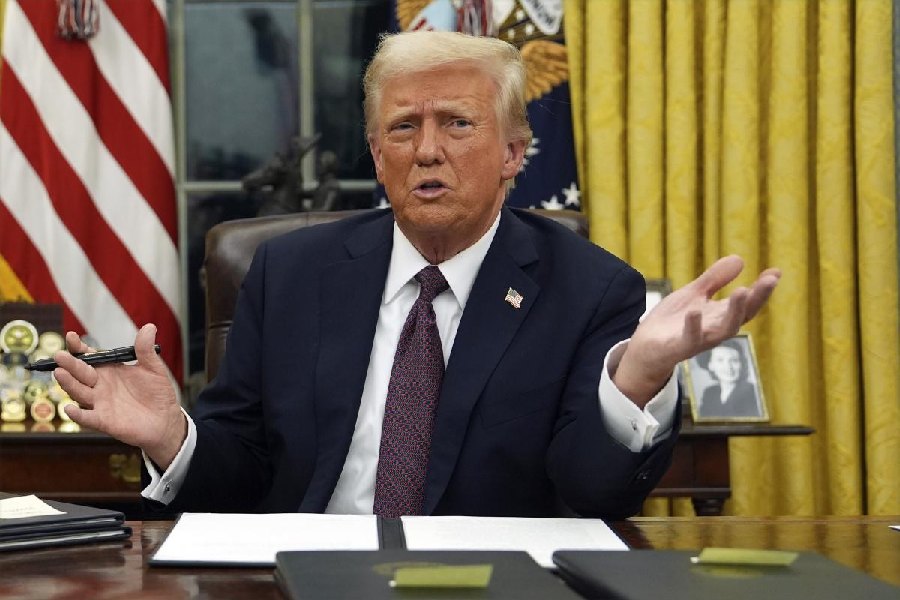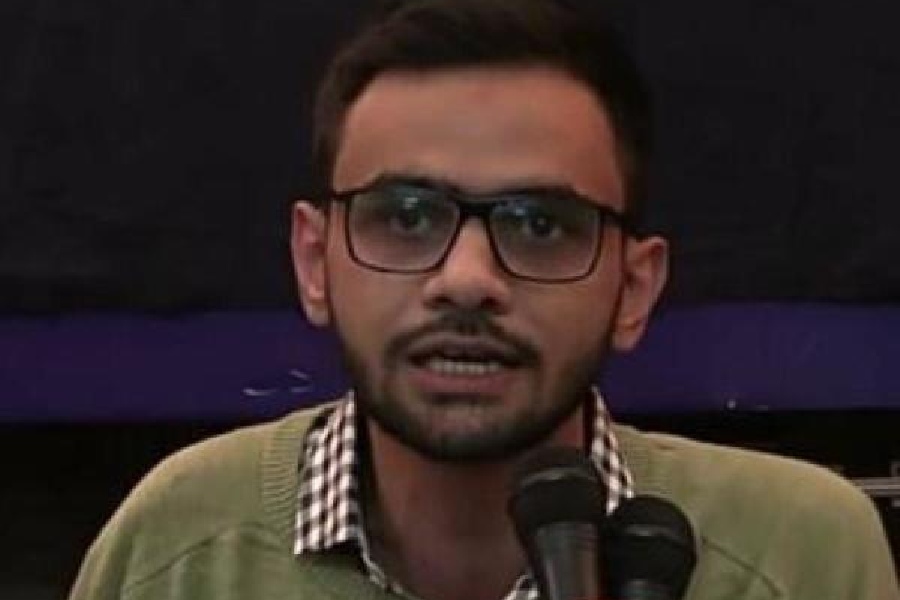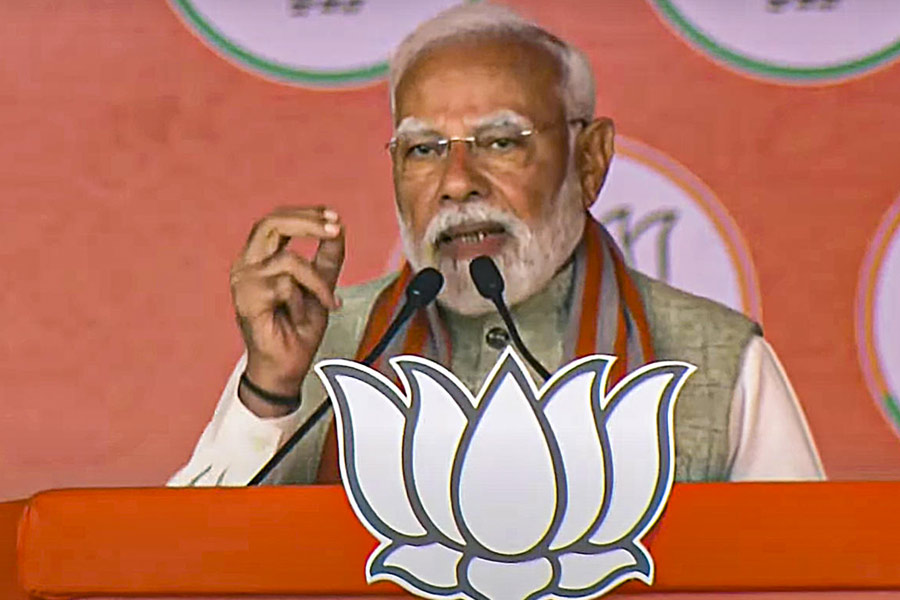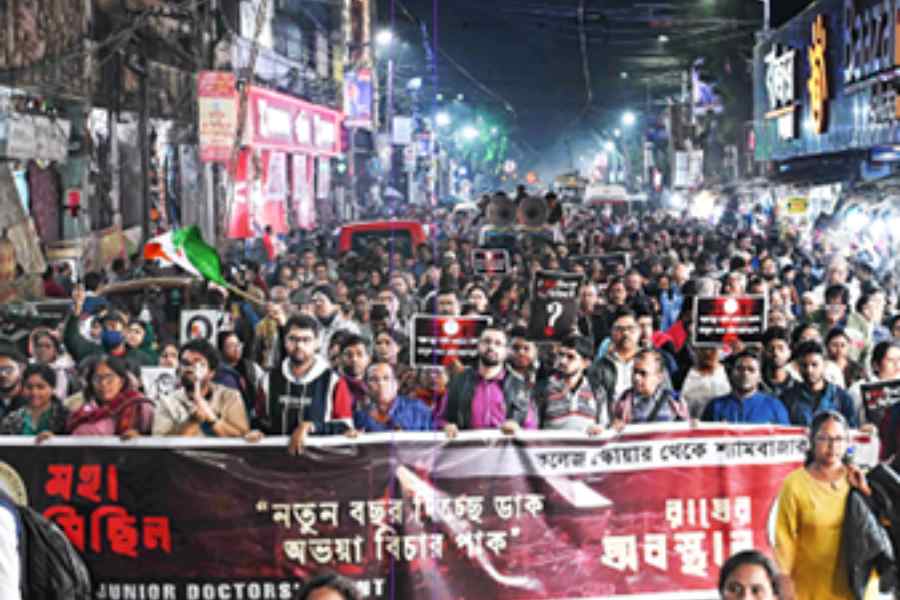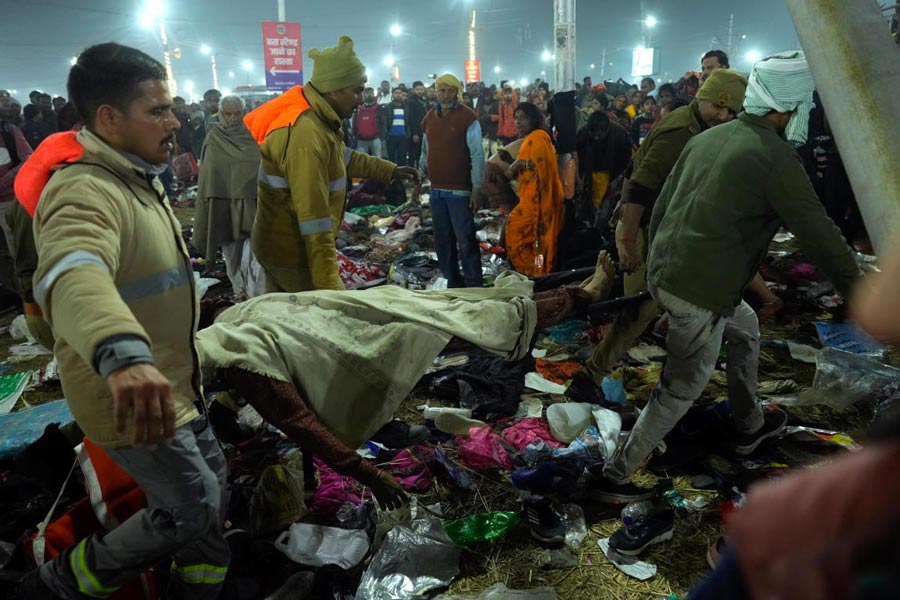Responding to petitioners who had challenged the 42nd Amendment to the Constitution that had led to the incorporation of the terms, ‘secular’ and ‘socialist’, in the Preamble, the Supreme Court stated unambiguously that secularism is embedded in the basic feature of the founding text of the republic. It also added that the concept of secularism represents one of the many facets of the right to equality and empowers citizens to freely profess, practise and propagate the faith of their choice. As for socialism, the apex court said that it was an embodiment of the State’s commitment to equal opportunity and economic justice. It also underlined that the incorporation of socialism in the Preamble did not mean that the Centre’s hands were tied when it came to economic policy. The argument that the 42nd Amendment was unconstitutional because it took place during the Emergency when the tenure of Lok Sabha had ended did not pass muster either. The highest court correctly stated that the adoption did nothing to curtail Parliament’s power to amend the Constitution. The Supreme Court’s firm avowal of the legitimacy of the principles of secularism and socialism within India’s constitutional framework must be seen as a comprehensive rejection of the vested interests that have raked up this subject often.
Secularism’s place as an idea in the life of the nation is indisputable. Yet, a shadow has fallen — is deepening — between idea and praxis. This is evident from the strain that facets of secularism have been brought under with the ascendancy of political Hindutva. Discrimination and violence against Muslims are no longer uncommon. Communal conflagrations, lynchings, demands for economic boycott of minorities, poor representation of Muslims in politics and so on are some of majoritarianism’s principal manifestations. Other relevant developments have been equally disquieting. For instance, lower courts have been rather receptive to the filing of civil suits claiming mosques have been built over temples. The resultant tensions, such as those that have engulfed Sambhal, Uttar Pradesh, add to the strain between religious communities. Even the constitutional validity of the Places of Worship (Special Provisions) Act, 1991 has been challenged in the highest court of the land. Secularism’s enshrinement — fetishisation — as a constitutional prerogative seems to have limited its public reach. It is time Indians democratised the concept in its truest sense.


